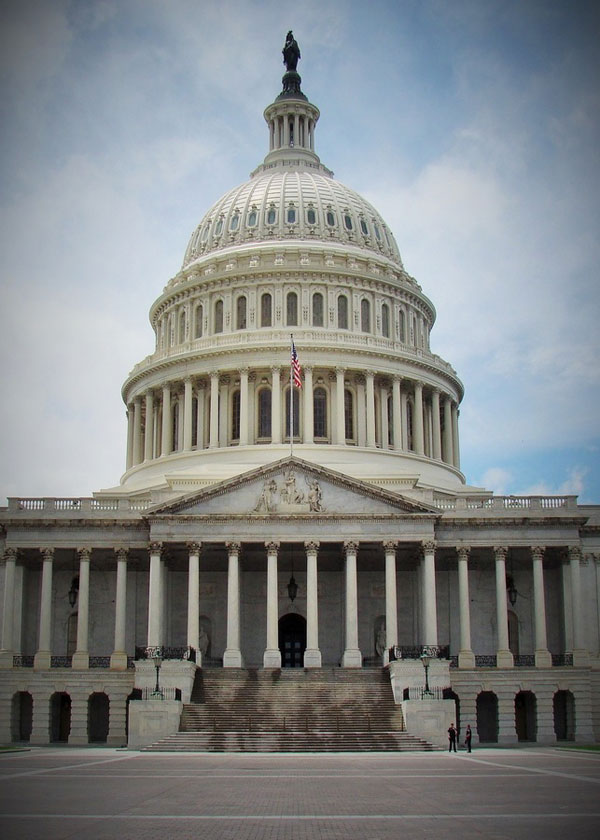Elon Musk consolidates own power in Trump Administration

[Capitol. Photo credit to Pxhere]
Elon Musk’s Department of Government Efficiency (DOGE) has accrued widespread controversy and criticism for its outsized power and influence in President Trump’s administration.
The Department of Government Efficiency was the product of renaming the U.S. Digital Service to the U.S. DOGE Service– a department that President Trump claims is led by Tesla founder Elon Musk, now a senior advisor to the President of the United States.
The White House has denied Mr. Musk’s employment at the Department of Government Efficiency, further stating that Mr. Musk holds no authority to make any government decisions.
The Department's primary purpose is to reduce federal spending.
Mr. Musk’s moves have been swift and stunningly brash; acting in a forcefully aggressive manner, he has challenged congressional authority and may have breached civil service protections.
Such actions include Mr. Musk's largely successful attempt to shut down the U.S. Agency for International Development (U.S.A.I.D.), a key player in the United States' foreign assistance programs.
His actions also include gaining access to Treasury files.
In a recent announcement, Mr. Musk demanded that all federal employees report their weekly accomplishments or face termination, causing confusion and panic among government workers.
Different departments provided inconsistent guidance on how to respond to Musk's directive, highlighting the disorganized nature of the administration's approach.
The administration's actions have led to public health, safety, and humanitarian troubles across the nation, as well as the termination of essential scientific and medical research funding.
The rapid implementation of changes without thorough evaluation has raised doubts about government function and independence.
President Trump's support for Musk's authority has further fueled these concerns, with critics arguing that the administration appears incompetent in effectively managing Mr. Musk.
The magnitude of the conflicts of interest generated by Mr. Musk's position as both a senior advisor to Mr. Trump and the world's richest man are unprecedented.
Mr. Musk has foreign business interests, namely in China and Russia, countries that maintain tense relationships with the United States.
Historian Douglas Brinkley observed that Mr. Musk has no oversight, saying that Mr. Musk's work was "beyond scrutiny– there is not one single entity holding Musk accountable."
Furthermore, he stated that granting power to a private individual was bringing the “destruction of our basic institutions.”
Both Democrats and Republicans alike, some publicly and some behind closed doors, have made efforts to curb Mr. Musk, attempting to slow him down.
Sources claim Mr. Musk reportedly pushed Mr. Trump into choosing Troy Meink as Air Force secretary; an allegation that, if true, should cause outrage over the power of an unelected head of a government department acting as an invisible hand making the President’s decisions.
Four or more lawsuits have been filed against Mr. Musk's abuse of authority, but it is a realistic concern that the justice system won't be able to keep up with the pace he sets.
Only time will tell how the future of the Trump Administration and Mr. Musk’s role in it will play out.

- Moojin Hong / Grade 11
- Chadwick International School

![THE HERALD STUDENT REPORTERS [US]](/assets/images/logo_student_us.png)
![THE HERALD STUDENT REPORTERS [Canada]](/assets/images/logo_student_ca.png)
